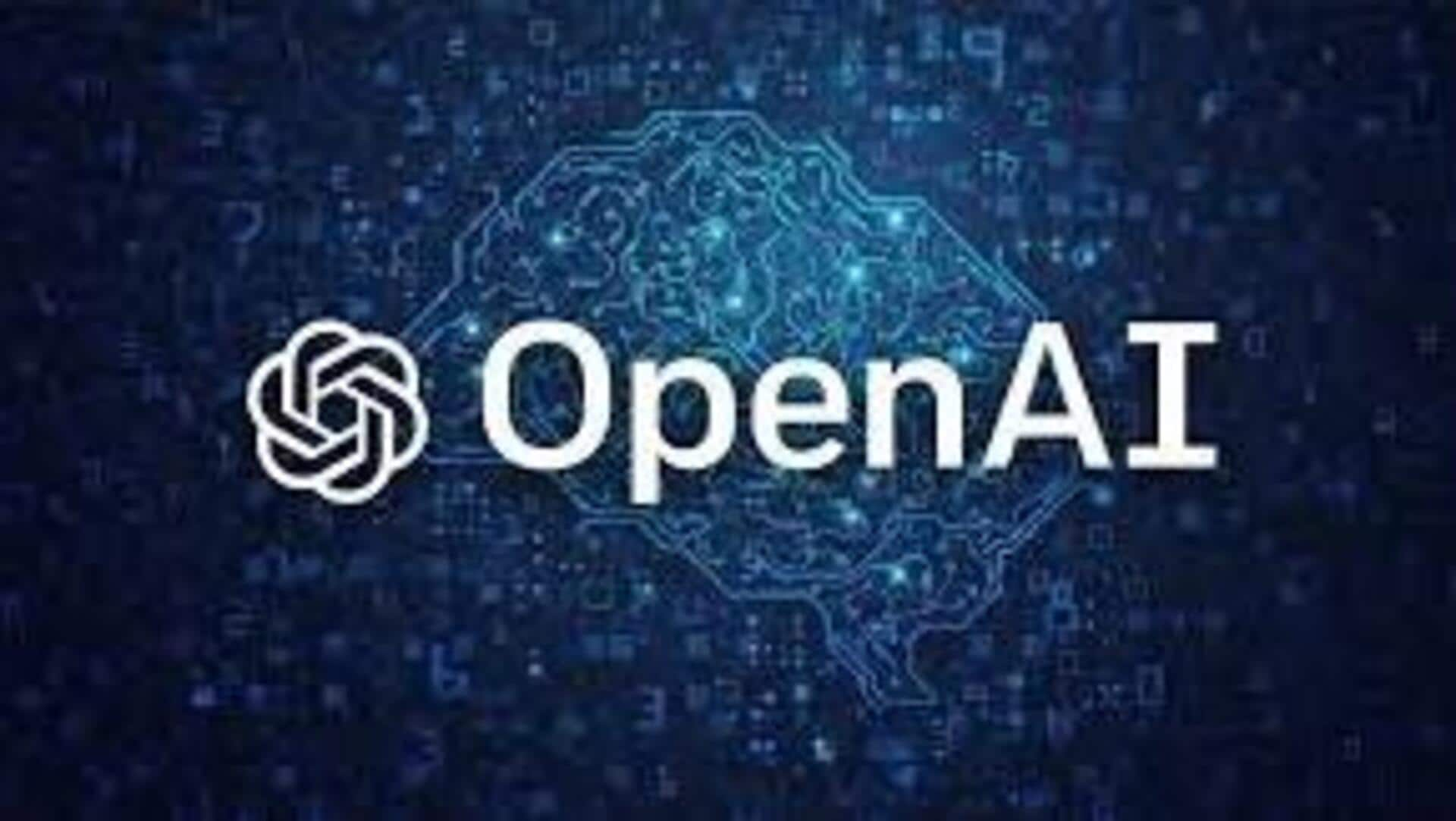
We don't use Indian media content for ChatGPT training: OpenAI
What's the story
OpenAI, the leading artificial intelligence (AI) research lab, has denied allegations by multiple Indian media groups that it trained its AI chatbot, ChatGPT, using their content without permission.
The allegations were part of a copyright lawsuit filed by news agency ANI last year.
The dispute has since caught the attention of other major media houses and book publishers in India.
Allegations
Media groups allege unauthorized content use
Media groups such as NDTV, The Indian Express, Hindustan Times, and Digital News Publishers Association (DNPA), have accused OpenAI of scraping their news websites for content.
They allege that the material is then used to improve the capabilities of ChatGPT.
The DNPA represents several media outlets including Mukesh Ambani-owned Network18.
Denial
OpenAI refutes claims in court filing
In a recent court filing, OpenAI has categorically denied using any content from the accusing media groups or DNPA members to train its AI models.
The company stated that it is not required to form partnership deals with these media groups to use their publicly available content.
The statement was part of a 31-page document submitted by OpenAI in response to the allegations.
Position
OpenAI's stance on AI model training
OpenAI has previously clarified its stance on using data for AI model training.
The company said, "We build our AI models using publicly available data, in a manner protected by fair use and related principles, and supported by long-standing and widely accepted legal precedents."
This statement highlights OpenAI's belief that its practices fall within legal boundaries.
Partnerships
Indian media groups question OpenAI's partnerships
The Indian media groups party to the lawsuit have questioned why OpenAI hasn't entered into similar agreements with them as it has with other news publishers around the world.
In response, OpenAI clarified that its international partnerships are not licensing arrangements for AI model training.
The company also asserted that the use of publicly available content is permissible under Indian copyright law.